We held our first initiative, “Partner Exchange Meeting”!
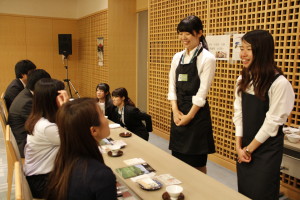
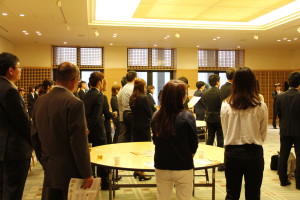
On Wednesday, May 24, we invited people from the government, companies, local communities, and universities who are indebted to the Kyoto Student Festival to participate in the Kyoto Student Festival, and held a partner exchange meeting on Wednesday, May 24.
At the exchange meeting, for those who came to the event, touch the Kyoto flame! In addition, we reported on the details of this year’s pre-event, the highlights of the October Main Festival (the day of the Kyoto Student Festival), the announcement of the main visual, and the collaboration with project partners. In addition, through the “Kyoto Tea Expo,” one of the cultural projects that the Kyoto Student Festival is collaborating with this year, we attended workshops on “Uji Tea Culture and History” and “Learning how to brew tea,” and since the executive committee members became “Premium Tea Ambassadors,” we also entertained visitors with tea brewed by the executive committee members.
We received words of support and encouragement from the government, companies, local communities, and universities who came to the event, and it seems that the students on the executive committee were even more energized. Thank you very much to everyone who attended.
The first pre-event of the 15th Kyoto Student Festival will be held on Sunday, June 4 at Kyoto Gakuen University’s Uzumasa Campus. Everyone, please come to the venue after inviting each other.
[Related Sites]
▼Kyoto Student Festival
http://www.kyoto-gakuseisaiten.com/
▼University Consortium Kyoto Kyoto Student Festival
https://www.consortium.or.jp/project/kif/detail
▼June 4 Pre-Event Outline
https://www.consortium.or.jp/kif/19949
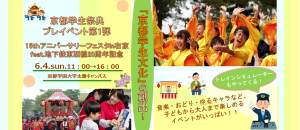
Activities
If you would like to know more about the Kyoto Student Festival, check out this site!
▼Official Website/Official SNS Site▼
![]()
![]()
![]()
Contact us
The 15th Kyoto Student Festival Executive Committee
〒600-8216 Kyoto-shi, Shimogyo-ku, Nishitoin-dori, Shiokoji Shimoru Campus Plaza Kyoto (closed on Mondays)
【TEL】075-353-9432 【FAX】075-353-9431
[E-mail] saiten15th-ml■consortium.or.jp (Please replace ■ with @ and send it)
[Official Web Page] http://www.kyoto-gakuseisaiten.com/














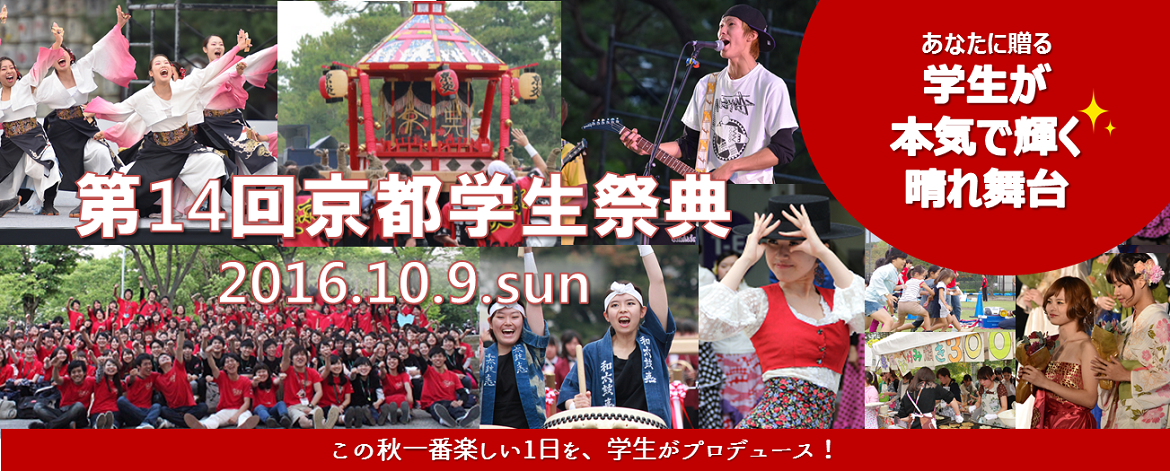


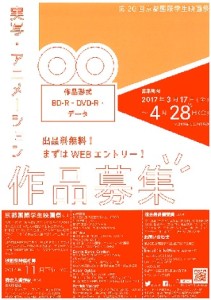
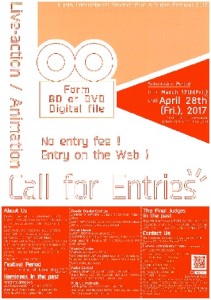
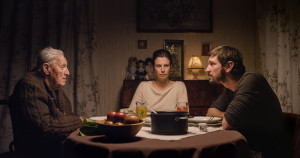

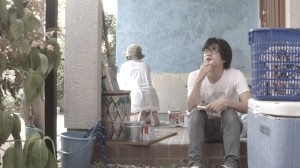
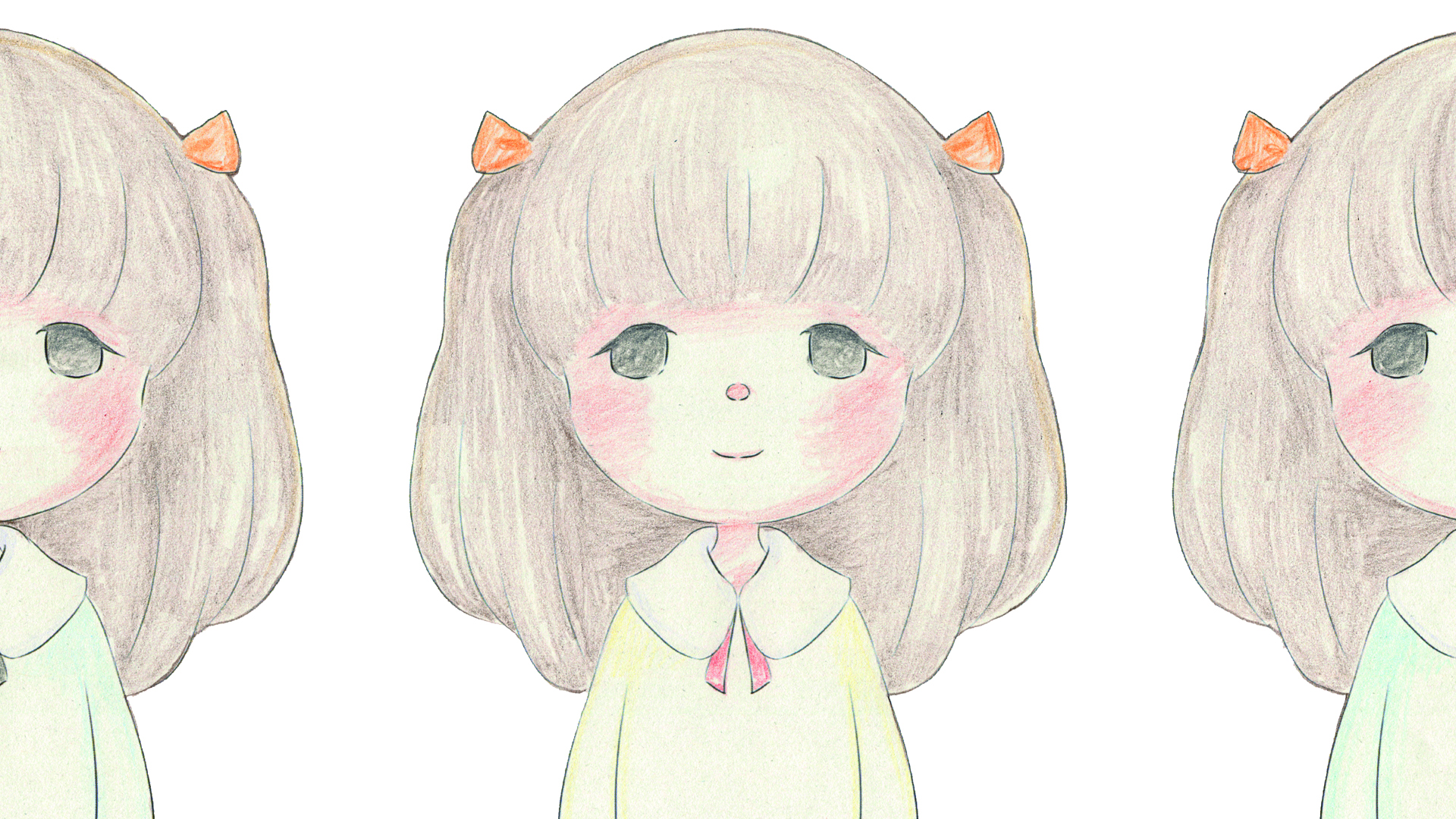
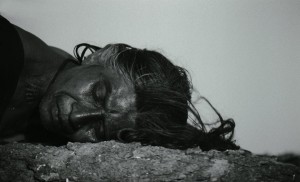
 【https://www.facebook.com/KISFVF】
【https://www.facebook.com/KISFVF】 【@kisfvf】
【@kisfvf】 【https://kisfvf.amebaownd.com/】
【https://kisfvf.amebaownd.com/】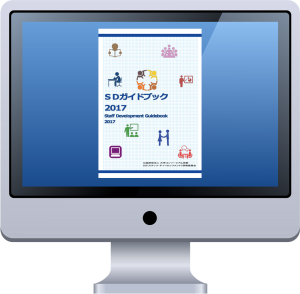
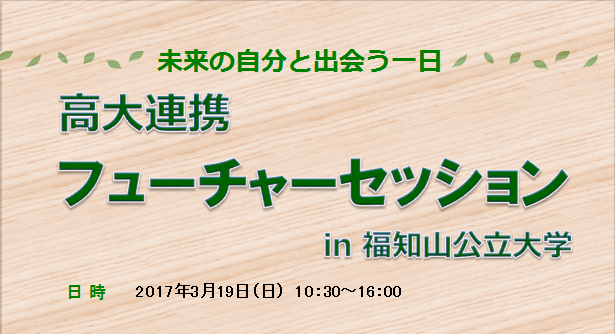
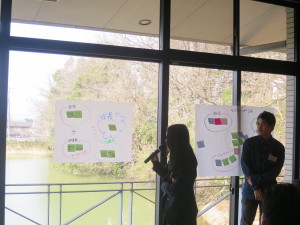
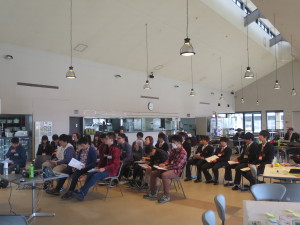
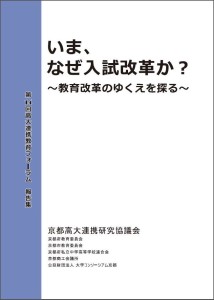
 Supervised by the Kyoto Student Festival Executive Committee, Nissin Foods Co., Ltd.’s Nissin Noodle Nippon series “Kyoto Back Fat Soy Sauce Ramen” has been on sale nationwide since Monday, February 27.
Supervised by the Kyoto Student Festival Executive Committee, Nissin Foods Co., Ltd.’s Nissin Noodle Nippon series “Kyoto Back Fat Soy Sauce Ramen” has been on sale nationwide since Monday, February 27.


